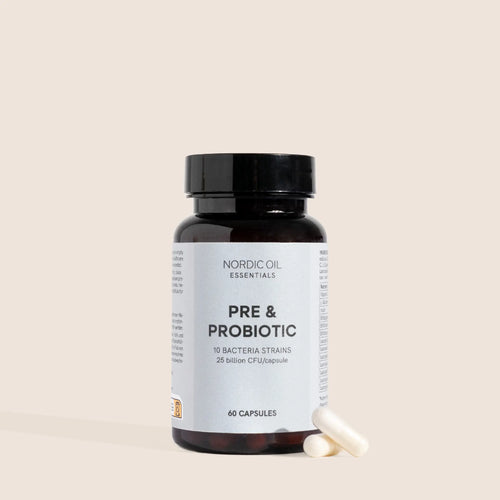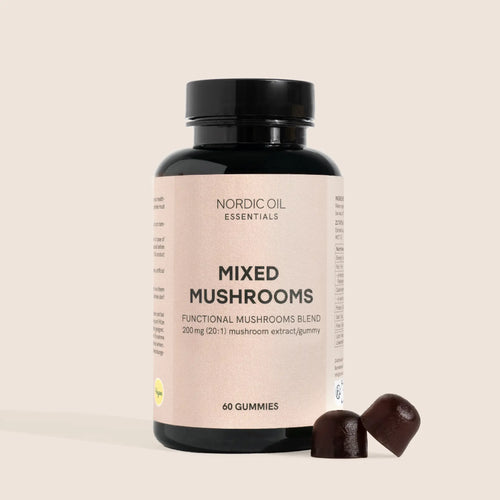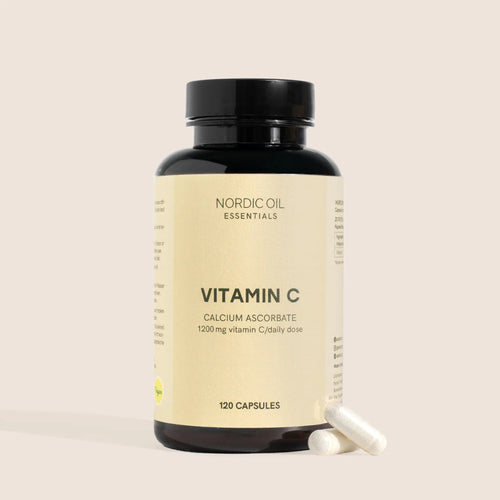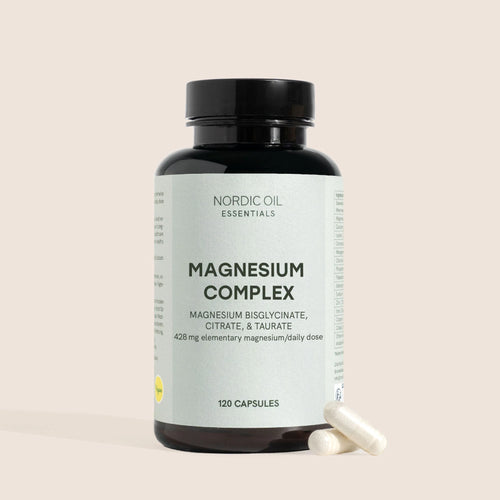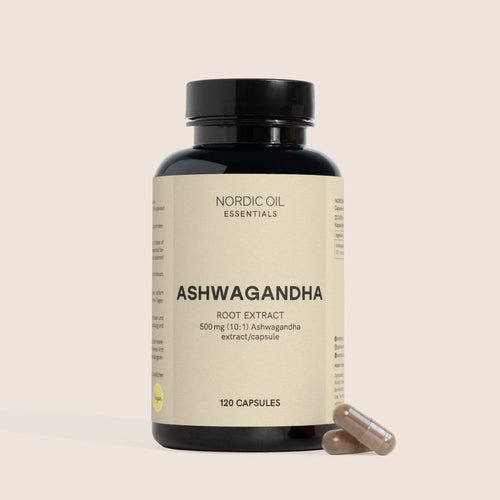Vitamin D3 is a crucial nutrient necessary for overall health and well-being, playing a key role in bone health, immune function, cardiovascular health, and mood regulation, among other things. But, how much of this powerhouse nutrient do we actually need each day? This article seeks to answer this and other related questions, ensuring a holistic understanding of Vitamin D3 daily requirements, overdose considerations, and importance in advancing age.
Quanto de vitamina D3 por dia?
According to the European Food Safety Authority (EFSA), adults should aim for a total daily intake of 100 µg of vitamin D3 (4000 IU). However, the American Endocrine Society suggests that an intake of up to 250 µg of vitamin D3 per day (10.000 IU) is safe for healthy adults.
1000 UI de vitamina D é demasiado?
For adults and children aged 11 and over, the maximum allowed total intake is of 4000 IU of vitamin D per day. In the case of children between the ages of 1 to 10, the maximum daily dose is 2000 IU of Vitamin D. Whereas, infants aged 0 to 6 months should not exceed a maximum of 1000 IU per day.
Qual a quantidade de vitamina D3 na velhice?
When it comes to senior citizens, Vitamin D3 is even more significant due to its crucial functions in maintaining bone health and calcium absorption. However, elderly individuals are at a heightened risk of Vitamin D deficiency and may require higher doses as guided by their health care provider.
Cápsulas de vitamina D3 da Nordic Oil
Corrigir a carência de vitamina D com suplementos - durante quanto tempo?
In cases of severe vitamin D deficiency, supplementing with high-dose Vitamin D can help replenish the body's stores in about 10-14 days. The severity of the deficiency and the required dosage adjustment should ideally be established under medical supervision. More information can be found on our blog here.
Qual é a melhor vitamina D diária ou semanal?
Studies have associated a deficiency of Vitamin D with an increased risk of mortality, suggesting that an adequate intake of the vitamin could reduce such risks. It is becoming clear that daily vitamin D intake may be superior to high weekly or even monthly doses. For more insights on Vitamin D dosage, you can visit our blog here.
In conclusion, Vitamin D3 is a critical nutrient that is often overlooked. Knowing the right amount to take daily can play an integral part in overall health and wellbeing. It's important to maintain an adequate level of Vitamin D and consult your healthcare provider for tailored advice.




